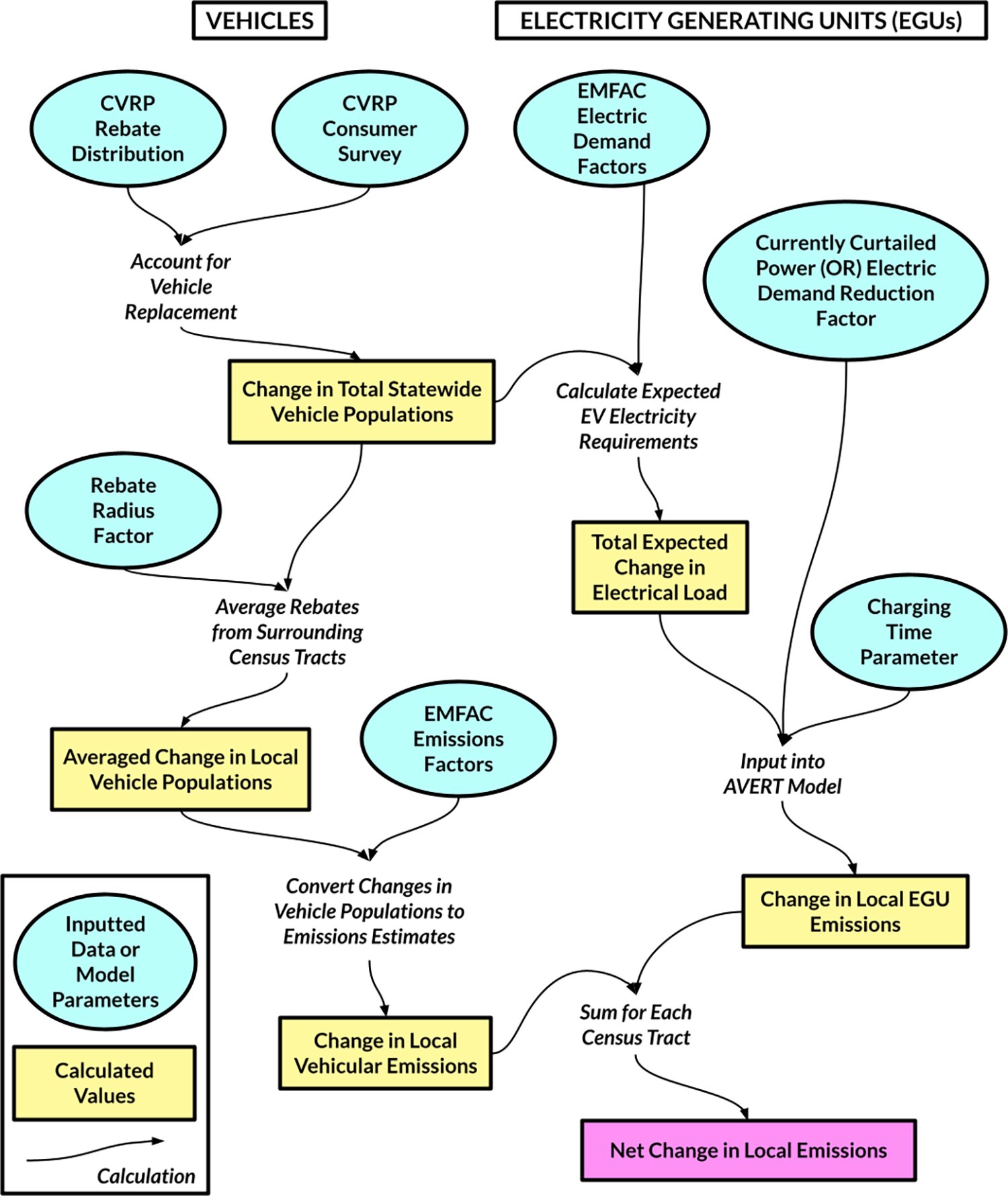Three environmental scientists and city planners from the University of California, Berkeley, the University of North Carolina, Chapel Hill, and the University of Miami conducted a study on the impact of electric-powered vehicles (EVs) on air quality. The researchers found that the introduction of EVs had a varying impact on air quality in different neighborhoods, with higher-income areas experiencing greater improvements in air quality than poor neighborhoods.
Study Details
The researchers obtained environmental data from a government EV rebate program spanning from 2010 to 2021 to determine the true impact of the switch from gasoline-powered vehicles (GVs) to EVs. They found that as EV sales increased, air quality in higher-income neighborhoods improved as expected. However, in poor neighborhoods, air quality either remained the same or worsened.
Factors Contributing to Disparities
The study identified three major factors contributing to the disparity in air quality improvement between neighborhoods. The first factor is non-engine produced pollutant emissions, which tend to be higher near highways where vehicles produce other pollutants due to road and tire wear. The second factor is the increase in air pollution from power plants as demand increases to charge EVs, with power plants often located closer to poor neighborhoods. The third factor is the higher cost of EVs, making them less accessible to people in poor neighborhoods.
The study highlights the need for policymakers to consider the disparities in air quality improvement when promoting the use of EVs. To ensure that the benefits of EVs are shared equitably, policymakers need to address the underlying factors contributing to the disparities, such as investing in infrastructure to reduce non-engine produced pollutant emissions and promoting the development of renewable energy sources. Additionally, policymakers need to consider measures to make EVs more affordable and accessible to people in poor neighborhoods. Only then can we ensure that the switch to EVs benefits all communities, regardless of income.


Leave a Reply